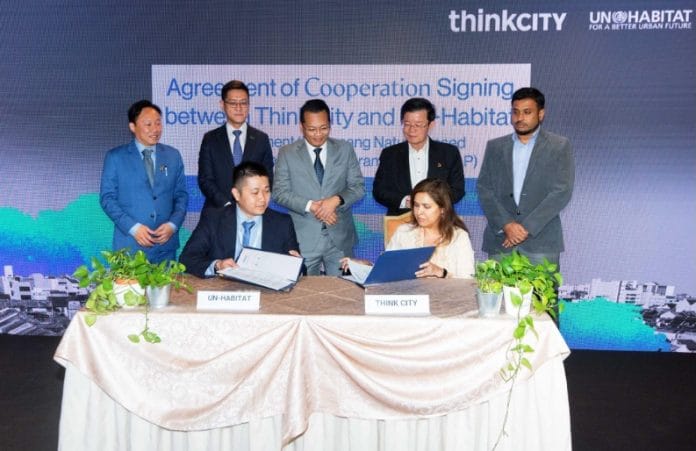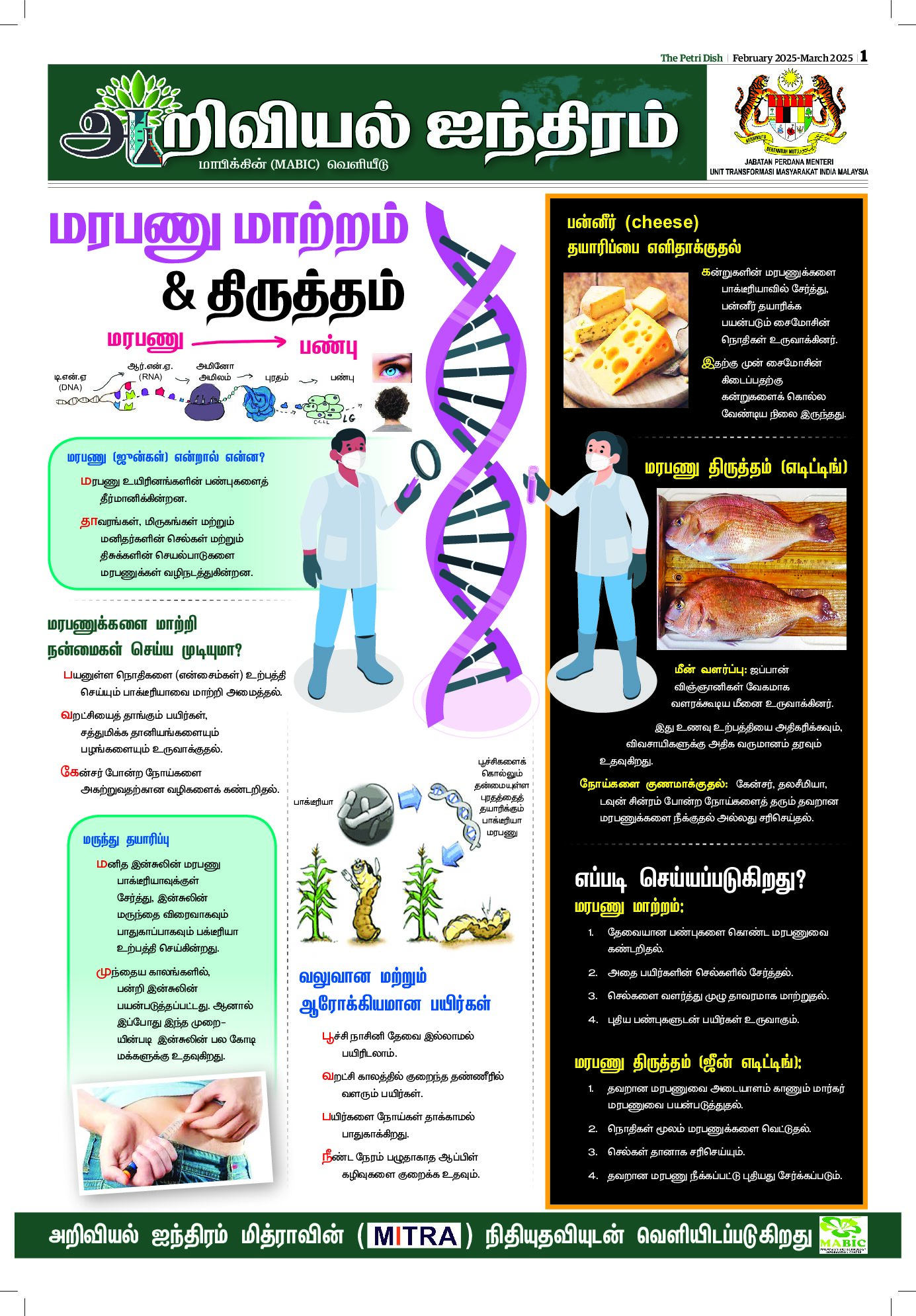
BY MARYAM AL-HERWI & VIRMAN JURI
PUTRAJAYA: Think City is moving the needle to implement Malaysia’s first urban climate change adaptation plan – the Penang Nature-Based Climate Adaptation Programme (PNBCAP).
The multilateral collaboration was officiated during a cooperation agreement signing between Think City and UN-Habitat, witnessed by the Minister of Natural Resources, Environment & Climate Change (NRECC) and the Chief Minister of Penang on Jan 31.
“As climate change mitigation will only succeed if it is inclusive, finding the best allies for broad-based alliances are necessary for the economic development of countries and communities to continue,” said the Minister of NRECC, Nik Nazmi Nik Ahmad.
PNBCAP is a 5-year implementation programme that aims to tackle climate change impacts in Penang, such as urban heat effects and flash floods while building social resilience and strengthening institutional capacity through nature-based solutions.
“PNBCAP is not something of the present but the future, where we will be able to create a more livable and sustainable Penang,” said the Penang Chief Minister, Chow Kon Yeow.
“Nature-based solutions are a cost-effective solution, giving the highest impact with the lowest amount of resources deployed. It also serves other benefits, such as improving air quality and water, and increasing biodiversity,” said Dave Sivaprasad, the managing director and partner of Climate and Sustainability Lead of Boston Consultant Group, during the panel discussion on “Nature-Based Climate Adaptation Solutions for Urban Areas in Malaysia”.
“It is time to localise climate adaptation plans,” said the director of Marine Coastal Studies from Universiti Sains Malaysia, Prof Dato Dr Aileen.”
Aileen felt strongly that the local community and stakeholders to which the nature-based solutions are implemented should be educated on how the solutions work and get them involved in the process so they can carry on the nature-based approach to future generations and ensure its long-lasting impact.
“Protect what we have left, before we think of restoring and managing our environment properly. We are still lacking of data of exact land cover we have,” said Dr Ahmad Aldrie Amir, the senior lecturer/research fellow of the Institute Environment and Development from Universiti Kebangsaan Malaysia.
He also stressed that climate change solutions should be driven by knowledge and scientific input because most of the time when climate disaster occurs, authorities will respond by making a panic decision that is poorly thought out and lacks scientific justification.









